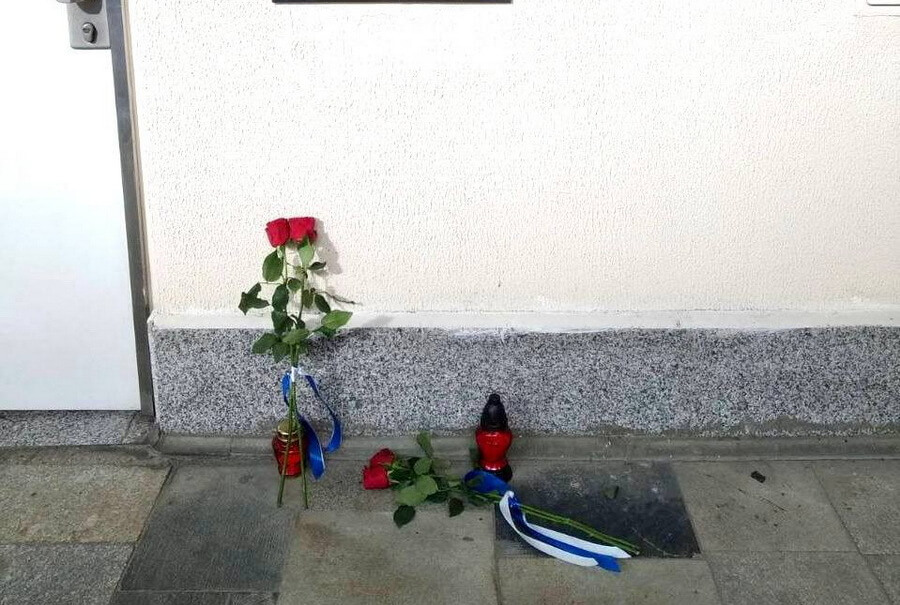
Alaksandar Łukašenka and other Belarusian officials continue to refrain from public assessments of Israel’s war against Hamas. Statements by the foreign ministry are extremely general and inarticulate. On the other hand, government propaganda actively promotes Russian anti-Israeli narratives, which seem to reflect Łukašenka’s position.
On October 18, the Tel Aviv Institute for National Security Studies published a map of attitudes to the war in Israel. It listed Belarus’ neighbors – Ukraine, Lithuania, Latvia and Poland – as supporters of the Jewish state, and Russia, as the country supporting Palestine.
The map showed Belarus as the only European state with a neutral position. But this assessment is not quite correct.
Belarus a model of political sterility
After the beginning of the war, and more recently after the rocket attack on the Al-Ahli hospital in Gaza, a wave of solidarity marches with Palestine swept across the United States, Europe and Muslim countries. Similar demonstrations took place in Russia. Mass rallies in support of Israel were held in Germany and other democratic countries.
There were no rallies in Belarus, and most likely not planned: spontaneous protests simply cannot take place in the politically repressed country.
As a rule, Belarusians in their country are afraid to comment on domestic and foreign policies for fear of reprisals. Nevertheless, the Israeli Embassy in Minsk said it appreciated support and solidarity from Belarusians. Belarusians living abroad, including in Israel and the West, tend to support Israel, while expressions of sympathy for the Gazans, and overt anti-Israeli and anti-Semitic rhetoric are quite rare.
Propaganda reflects Łukašenka’s worldview
Łukašenka most likely discussed the crisis with Iranian First Vice President Mohammad Mokhber in Minsk on October 17, but his press office did not make any statement in this regard.
The lack of government-approved demonstrations in support of Palestine, Łukašenka’s deafening silence, as well as meaningless press releases from the foreign ministry give an outward impression that Minsk is maintaining neutrality.
However, the Belarusian government’s attitude is anything but neutral. Although Belarusian propaganda is heavily influenced by the Russian media, it mainly reflects the views of just one person, Łukašenka. It engages in radical anti-Israeli rhetoric, promotes conspiracy theories, and draws vile anti-Semitic comparisons to Nazi crimes.
Propagandists use Soviet anti-Israel language, which Łukašenka mastered perfectly during his service as ideology lecturer.
Government controls media that spread anti-Israel rhetoric
Łukašenka usually likes to comment on international developments.
In recent weeks, he made many public statements on foreign politics, analyzing in particular Equatorial Guinea and the future of the European Union, but ignored the Middle East conflict. One reason for it may be that Belarus maintains good relations with both Israel and Iran, the main enemy of the Jewish state.
On the one hand, the Belarusian leader cannot afford to make positive or even neutral statements about Israel, while on the other, he does not want to declare his support for its enemies, fearing an open breach with Jerusalem and the wrath of the Jewish diaspora.
Meanwhile, propagandists, including outright anti-Semites such as Andrej Mukavozčyk, Vadzim Hihin, Ksienija Lebiedzieva and Ryhor Azaronak, have been given a free hand to lash out at Israel.
They have seized the opportunity to promote anti-Semitism under the guise of criticizing Israel. Since all Belarus-based media are controlled by its authoritarian government, their anti-Israel bias reflects the government’s position. The Belarusian ruler just avoids making public statements for the above-mentioned tactical reasons.